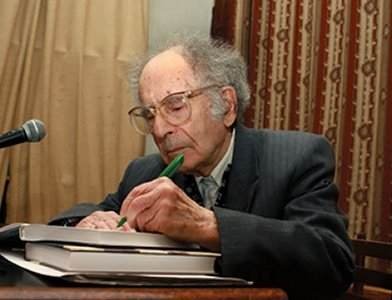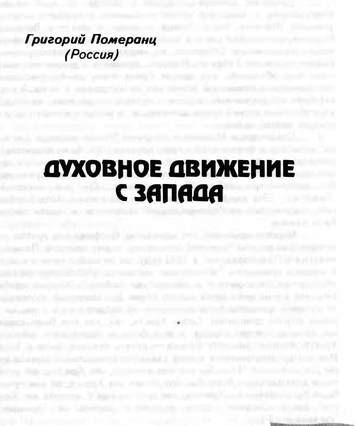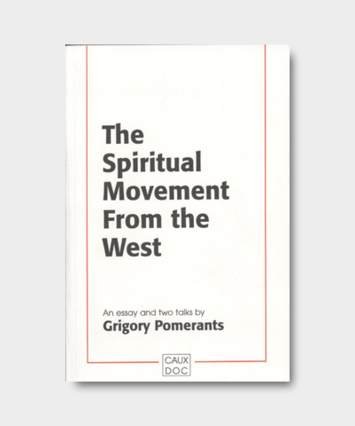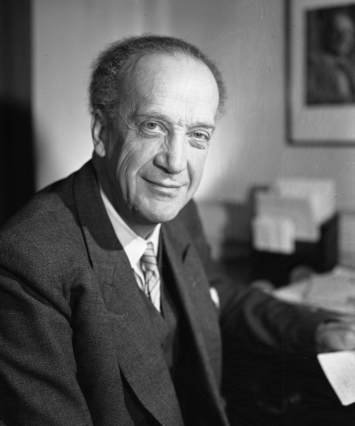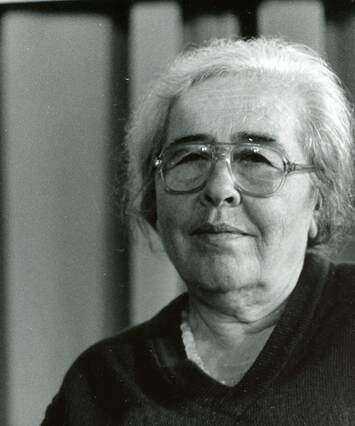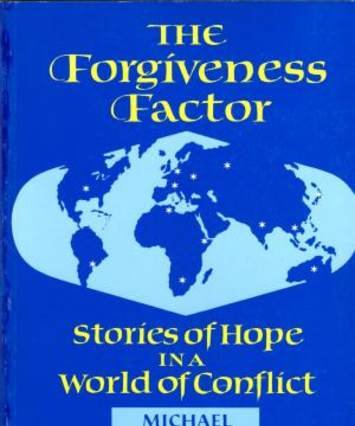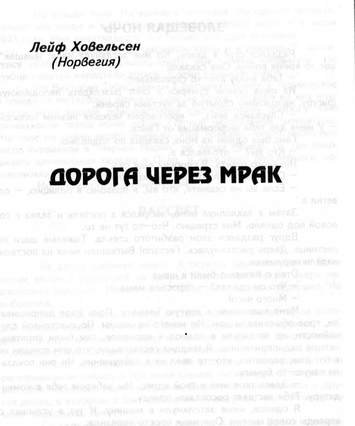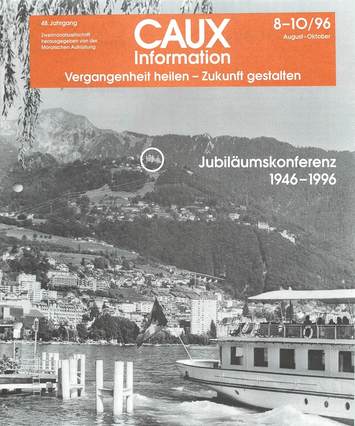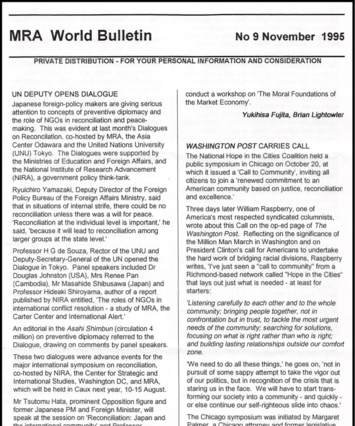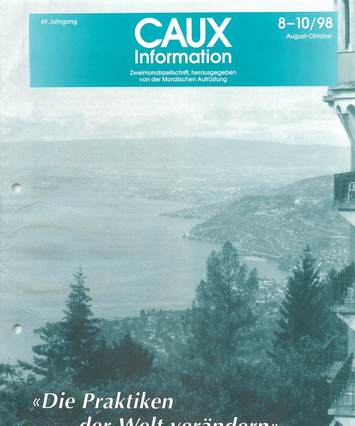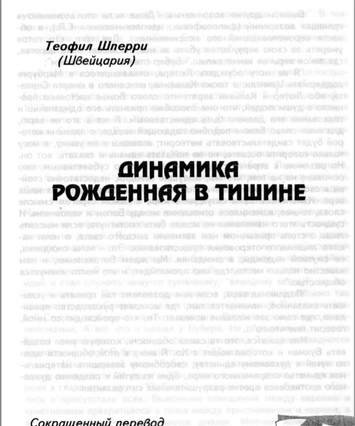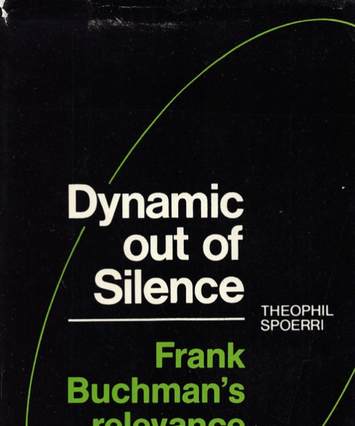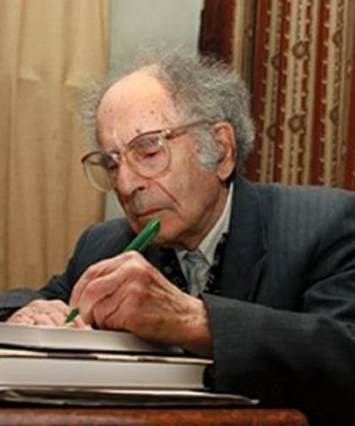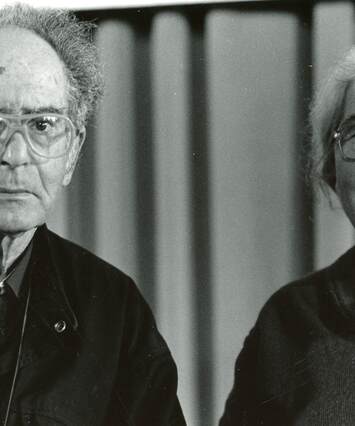Russian philosopher and cultural theorist. He is the author of numerous philosophical works that circulated in samizdat and made an impact on the liberal intelligentsia in the 1960s and 1970s.
Born 13 March 1918 in the city of Wilno (now Vilnius), died 2013 in Moscow. ln I925 his family moved to Moscow. Here he completed school and graduated in Russian language and literature from the Institute of Philosophy, Literature and History. ln 1939 his thesis on Dostoyevsky was judged anti-Marxist. As a result he was not admitted to postgraduate studies after graduation in 1940. Following the German invasion of the Soviet Union in 1941 he fought as an infantryman in the Stalingrad campaign. He was twice wounded and twice decorated. ln 1946 he was expelled from the Party for ‘anti-Party statements’. Three years later he was arrested and sentenced to 5 years’ imprisonment for ‘anti-Soviet agitation’; (Article 58, 10). He was released in the amnesty of 1953 but declined to re-join the Party and was not permitted to teach at tertiary level. Until Perestroika in 1990 his writing and research could not be published in his own country. Despite these severe restrictions Pomerants was well-known in Russia as a writer and thinker. He became a member of the Humanities Research Academy (heading its Culturological section), of the Academy of Natural Sciences (in the section Man and Creativity), of the Writers' Union and of the Pen Club. His books and writings draw on philosophy and religion, sociology and cultural history, with a style blending irony, insight and personal narrative. He and his wife, the poet Zinaida Mirkina, lived in Moscow.

